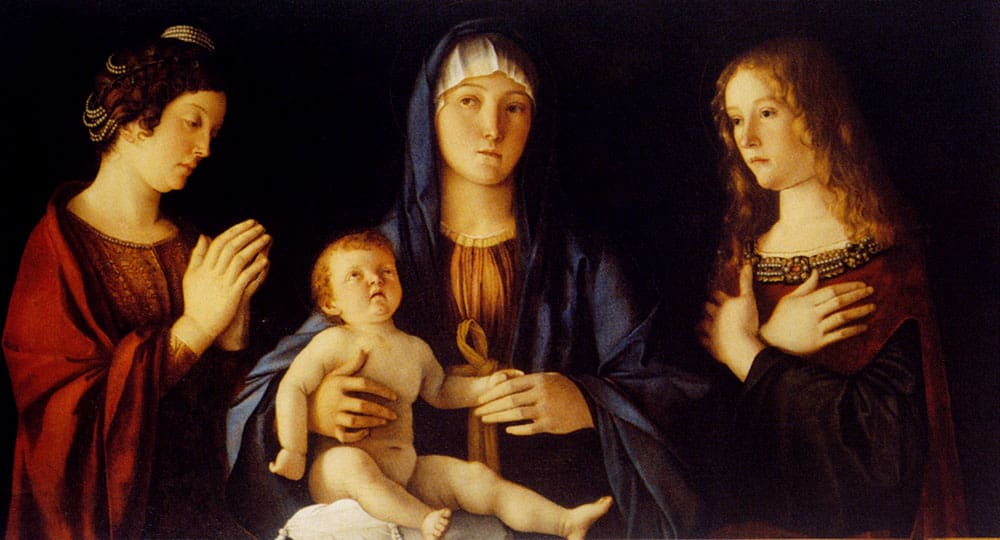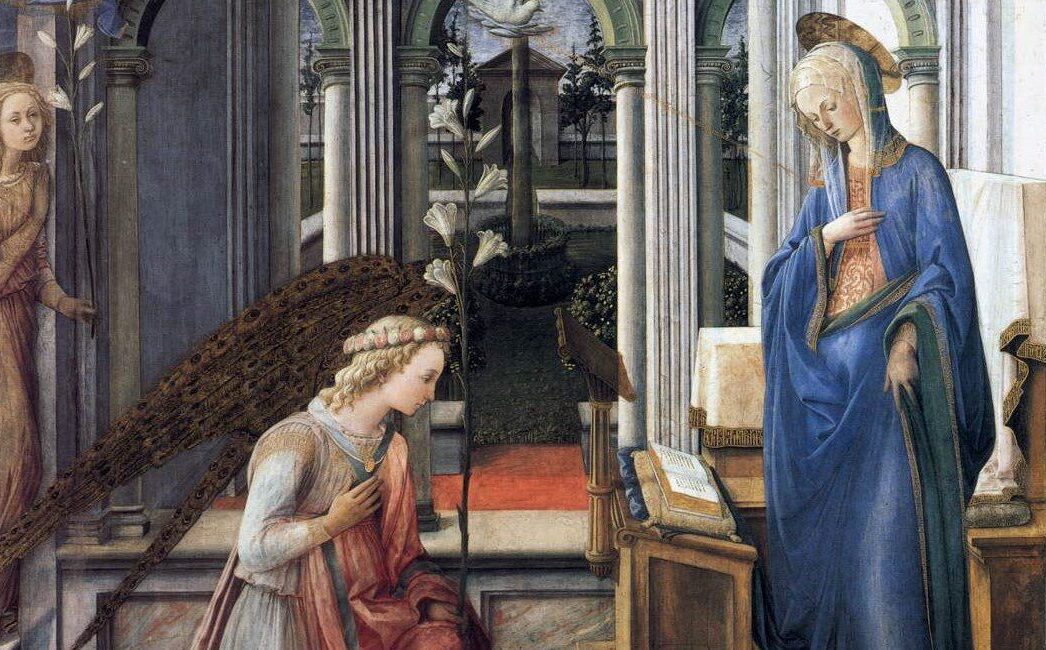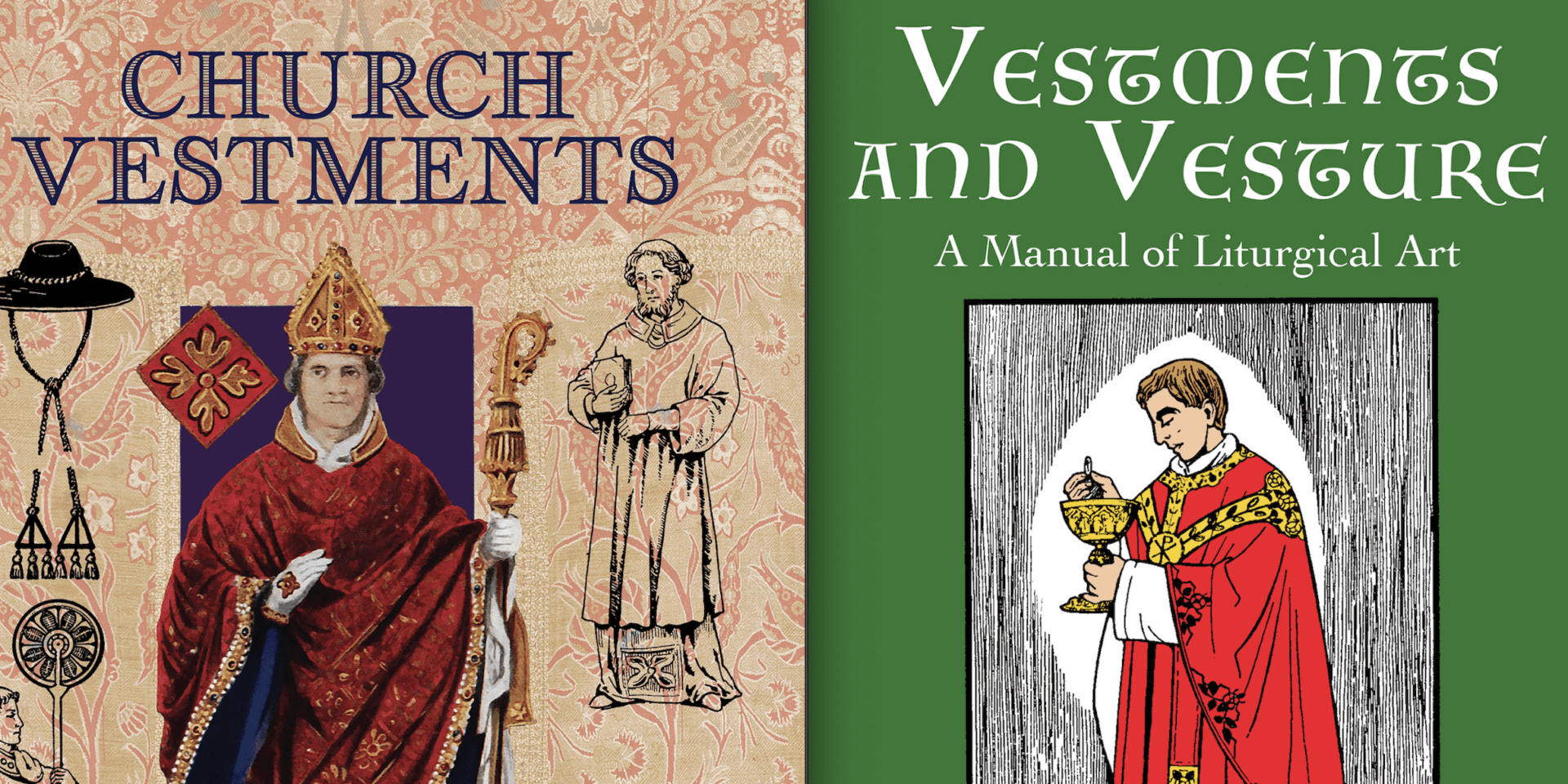The Roman Missal contains a number of Masses in honor of the Blessed Virgin Mary found in the Proper of Seasons, the Proper of Saints, the Commons, and in Votive Masses. These are offered on specified days of the year and often, as a devotion, on Saturday mornings during Ordinary Time.
In addition, in 1986 the Congregation for Divine Worship and the Discipline of the Sacraments issued the Collectio Missarum de Beata Maria Virgine which contained Mass prayers, prefaces, and lectionary readings for an additional 46 Masses in honor of the Blessed Virgin Mary. While this collection of Masses of the Blessed Virgin Mary has never been considered an official part of the Missale Romanum, in many ways it is the heir to the appendices of the preconciliar missals that contained “Masses for various locations,” or Missae pro aliquibus locis. These appendices included texts from sources often outside of Rome itself that, nevertheless, could be used anywhere in the world according to the devotion of the celebrant and of the people.
In the case of the collection of Masses of the Blessed Virgin Mary, many of the texts were compiled from Mass formularies approved for certain dioceses or religious communities. Other Mass formularies were newly composed based on Scriptural references to the Blessed Virgin or key patristic texts related to her. The 46 Masses are arranged according to the seasons of the liturgical year and were primarily intended for use at Marian shrines and sanctuaries. Parishes and schools dedicated to the Blessed Virgin Mary under specific titles, for example Queen of Apostles (no. 18), Queen of Peace (no. 45), or Gate of Heaven (no. 46) might find these formularies useful for special events.
Formerly, the Missale Romanum commemorated the Blessed Virgin Mary’s role in the economy of salvation with a much greater number of days than the current calendar does. Sometimes those commemorations were tied to a specific date; at other times they took place on a fixed Saturday of a given month. The Collection contains many such Masses, albeit with the prayers either greatly revised or completely replaced. Parishes desiring to foster Marian devotion could consider using the following Masses on the traditional dates associated with each Marian title: Mother of Good Counsel (no. 33) on April 26; Mother of Fairest Love (no. 36) or Mother and Mediatrix of Grace (no. 30) on May 8; Help of Christians (no. 42) on May 24 or June 27; Mother and Mediatrix of Grace (no. 30) on June 9; Mother of Divine Hope (no. 37) on July 9; Queen and Mother of Mercy (no. 39) or Our Lady of Ransom (no. 43) on September 24; Mother of God (no. 4) or Mother of the Lord (no. 19) on October 11.
In addition, parishes might use the following Masses on the specific Saturdays indicated according to tradition: Queen of Apostles (no. 18) on the Saturday after the Ascension; Queen and Mother of Mercy (no. 39) on the Saturday before the fourth Sunday of July; Mother of Consolation (no. 41) on the Saturday after August 28; Health of the Sick (no. 44) on the Saturday before the last Sunday of August; Mother of Divine Providence (no. 40) on the Saturday before the third Sunday in November. The Mass for the Blessed Virgin Mary, Seat of Wisdom (no. 24) might be used for the opening or closing of the academic year. Finally, the Mass for Mary, Mother of Unity might be used on the Saturday during the Octave for Christian Unity (January 18-25).
The Collection of Masses of the Blessed Virgin Mary greatly expands the range of images and Scriptural references used to thank God for the presence and role of Mary in the life of the Church. Depending on the circumstances in a given parish or school, some of the texts could be most appropriate on days when their use is permitted.
For previous installments of Msgr. Caron’s An Occasion to Celebrate series, see:
- Introduction: An Occasion to Celebrate: Discovering the Masses for Various Needs and Occasions and Votive Masses of the Roman Missal
- The Liturgical Calendar’s Role in Masses for Various Needs and Votive Masses
- The Lectionary Readings in Masses for Various Needs and Votive Masses
- Masses for the Church, Council or Synod, and Spiritual and Pastoral Gatherings
- Masses for Clergy and Religious
- Masses for the Mission of the Church in the World
- Masses for the Ordinary Life of the Christian
- Masses for Every Human Need
- The Church Prays in Times of Need
Msgr. Marc B. Caron, S.T.D., is the vicar general and the moderator of the curia for the Diocese of Portland, ME. He has served as a pastor, as the director of the diocesan Office for Worship, and as a chancellor of the diocese. Most recently, he was a member of the faculty of St. John’s Seminary, Brighton, MA, where he was also director of liturgy. In 2021, he received the doctoral degree from the University of St. Mary of the Lake/Mundelein Seminary, writing on the sacramental nature of the diaconate. He is the author of a number of articles which have appeared in The Jurist, Worship, Catechumenate, and Homiletic and Pastoral Review.
Image Source: AB/IHH Humanitarian Relief Foundation on Flickr



